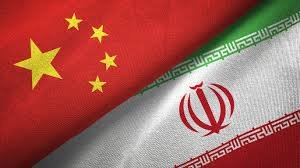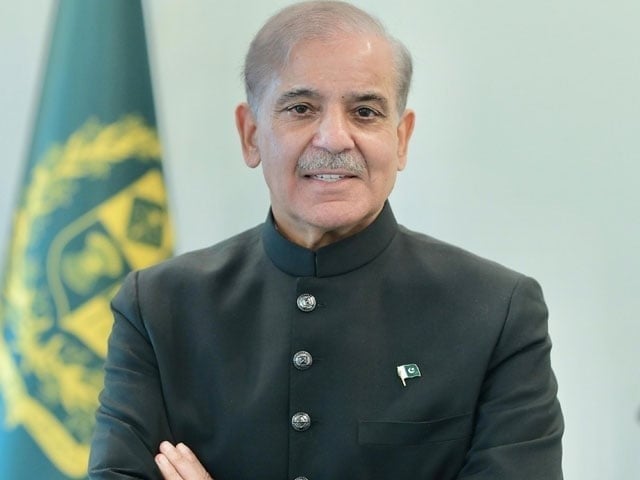US President-elect Donald Trump has appointed Elon Musk, the world’s richest man, to co-lead a new Department of Government Efficiency, alongside former Republican presidential candidate Vivek Ramaswamy. The department, aimed at streamlining the US government, will operate outside traditional government structures and is designed to reduce bureaucracy, eliminate unnecessary regulations, and cut wasteful spending.
Trump announced that Musk and Ramaswamy will help “dismantle government bureaucracy” and “restructure federal agencies,” signaling a shift toward a more entrepreneurial, results-driven approach. Musk, who is already known for his leadership of Tesla, SpaceX, and the social media platform X, will remain in charge of his companies while taking on this new advisory role, which will not require Senate confirmation.
The department’s efforts will focus on creating large-scale structural reforms within the US government, with a target completion date set for July 4, 2026, the 250th anniversary of the signing of the Declaration of Independence. According to Trump, this initiative is akin to the ambitious scope of the Manhattan Project, aiming for transformative change across federal agencies.
This move gives Musk significant influence over the government’s operations, raising concerns about potential conflicts of interest given his business ties to Washington. Musk has been a strong supporter of Trump, donating millions to his campaign and appearing at rallies with him. Analysts suggest that Musk’s new role could benefit the market value of his companies and industries he is involved with, such as artificial intelligence and cryptocurrency.
While Musk has promised transparency for the new department, his appointment has drawn criticism. Public Citizen, a consumer advocacy group, expressed concern that Musk, who has faced regulatory challenges with his own businesses, may not be the right person to oversee efficiency and regulation reform. Critics argue that Musk’s ties to the business world could lead to corporate favoritism, turning the initiative into an opportunity for self-interest.
Musk has pledged to make all actions of the department public, even creating a “leaderboard” to highlight wasteful government spending. He has publicly stated that the federal budget could be reduced by at least $2 trillion, with a focus on slashing discretionary spending, including defense. His comments at a Trump rally in October emphasized his commitment to reducing government expenditures and easing the financial burden on taxpayers.
Musk’s appointment comes at a time when cryptocurrencies, particularly dogecoin—an asset Musk has promoted—are gaining traction. The new department’s acronym, DOGE, has sparked speculation that Musk’s involvement could lead to more favorable regulation for digital currencies.
Vivek Ramaswamy, who also supported Trump after dropping out of the Republican presidential race, will assist Musk in this role. Ramaswamy has withdrawn from consideration for a Senate appointment in Ohio, signaling his full commitment to the new position.
As this new initiative moves forward, it remains to be seen how the department will function, and whether its reforms will result in the sweeping changes Trump and Musk envision for the US government.
















